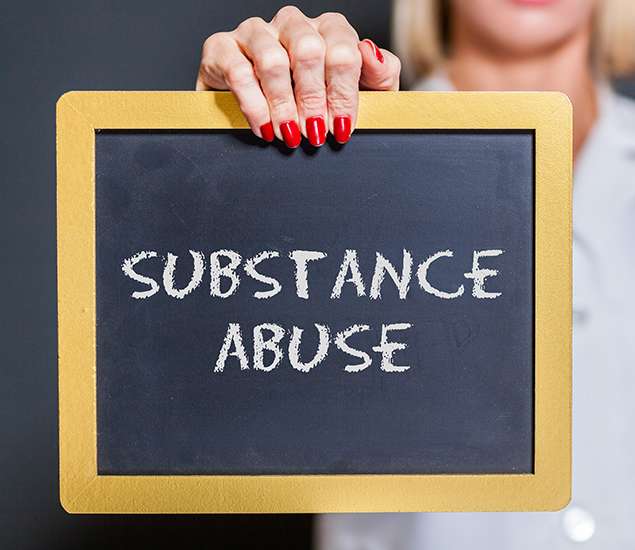All Addicts Can Benefit From a Substance Abuse Treatment Plan
Drug addictions do not discriminate. Anyone can easily become addicted to drugs because when you take drugs, it changes part of the brain that involves motivation and reward systems, along with memory and behavior control. Naturally, your brain is programmed to do something that creates a reward or a positive effect, and so then it begins to crave the drug on a more regular basis.
Can I simply give the drug up?
There is nothing simple about drug addiction treatment in New York, NY. Many people are under the misconception that if they start using drugs casually and then decide to quit, it will be easy to do so. Very often, this is not the case. You cannot stop drugs for a couple days and go back to normal. Since drugs make changes to your brain, a substance abuse treatment plan needs to be comprehensive.
What is involved in a substance abuse treatment plan?
Ongoing research has been evaluating the best way to treat drug addiction since the 1970s. While there is no perfect treatment plan, at Joel Nathan, MD, we have much more information and resources now than 30 years ago. From our perspective, it is critical that any drug treatment plan be comprehensive. There must be ways to approach the addiction, addressing all areas of life that it impacts. Remember, using drugs impacts the brain and behavior, so both of these aspects need to be addressed. Additionally, it is important to factor in external forces when creating a drug treatment plan. For example, if an addict is using drugs with their friends or even a spouse, it is necessary to change those relationships in order to ensure that they do not lead to a relapse. For most people, this requires a willingness to no longer maintain relationships with people continuing to use the drugs.
Another thing to keep in mind is that no treatment plan will be perfect for everyone. Whenever you seek drug counseling, drug treatment, or drug rehabilitation for yourself or for someone you love, you need to work with a provider willing to fully analyze the situation from a physical, mental, and emotional perspective and then create a customized approach to treatment. The treatment plan must be customized in order to be effective.
Is a treatment plan going to be different for people addicted to prescription vs. recreational drugs?
Each treatment plan should be customized for the individual patient. This is regardless of the type of drug that a person is addicted to. The biggest difference may be in the medication prescribed or the time necessary for the detox process to be complete. However, the addiction must be approached the same way – with a comprehensive treatment plan.


